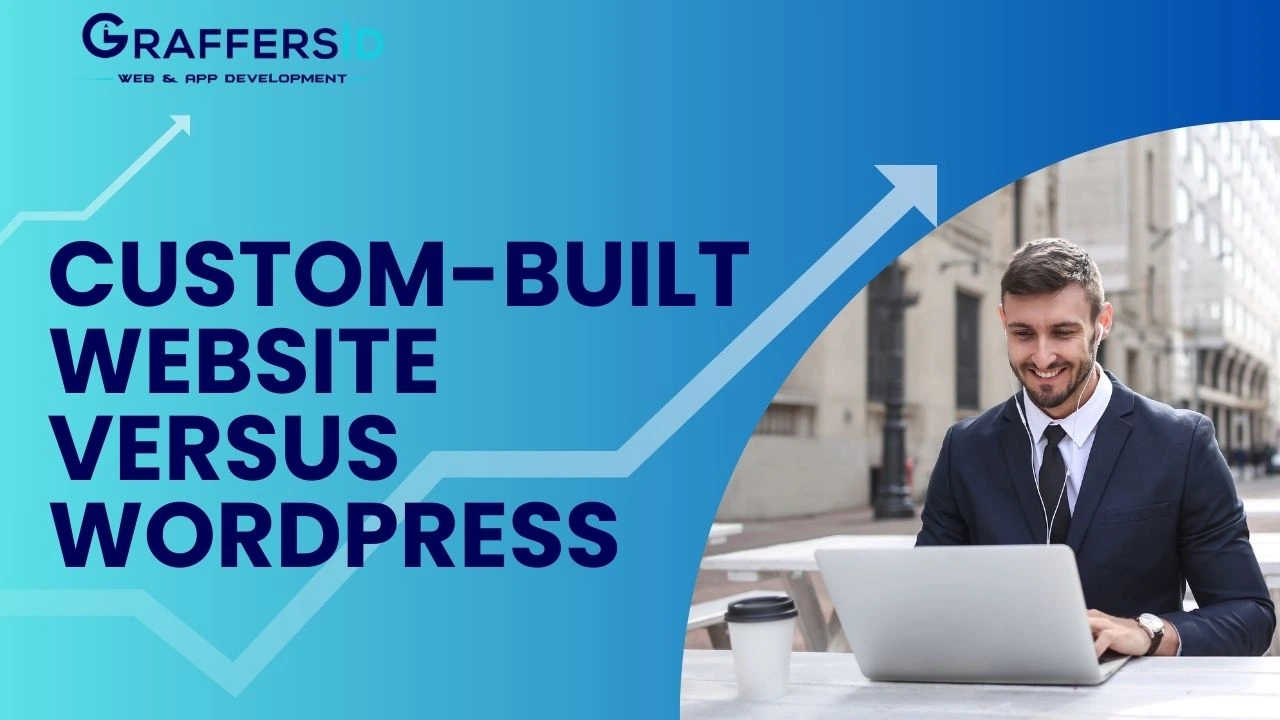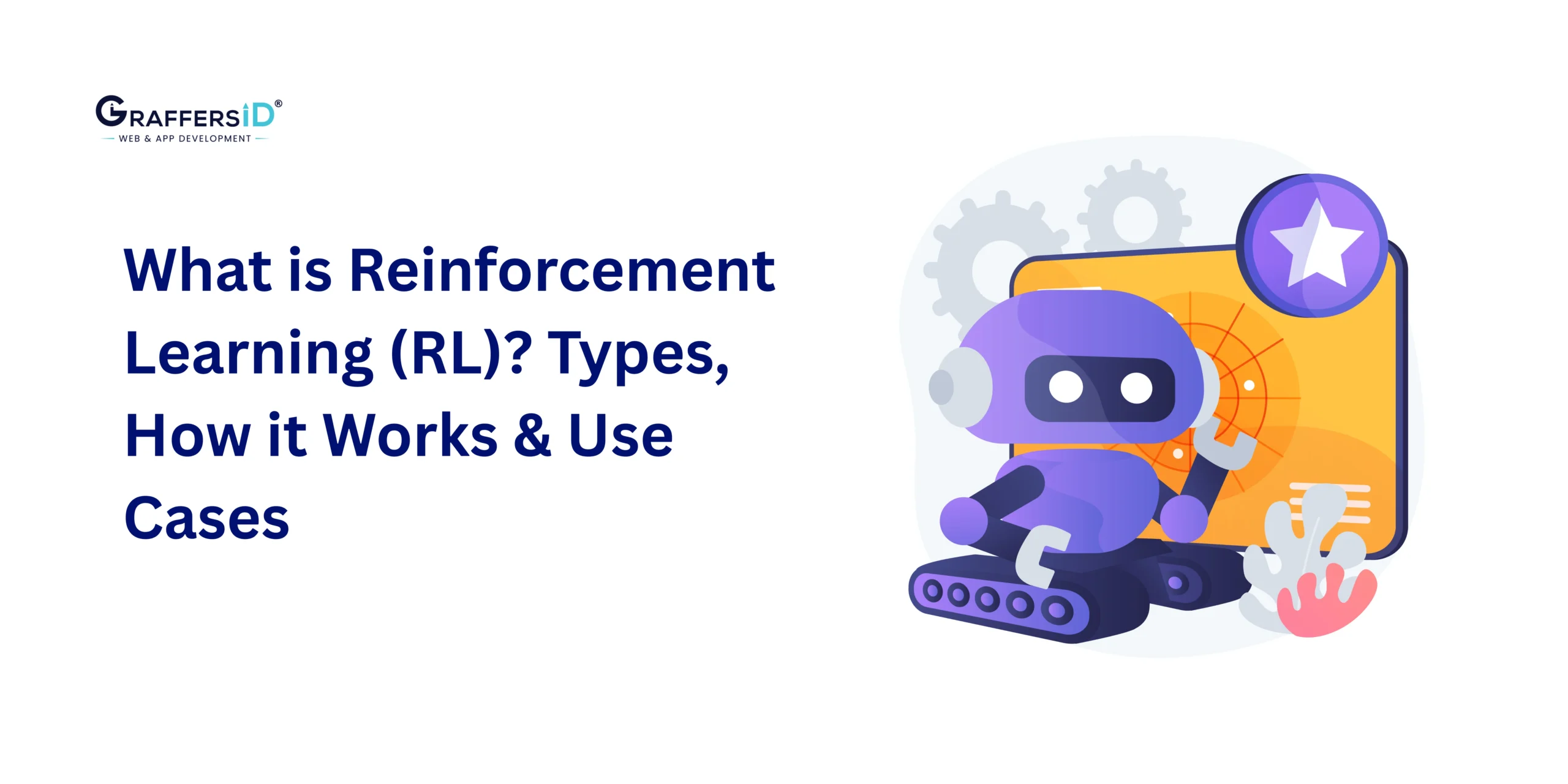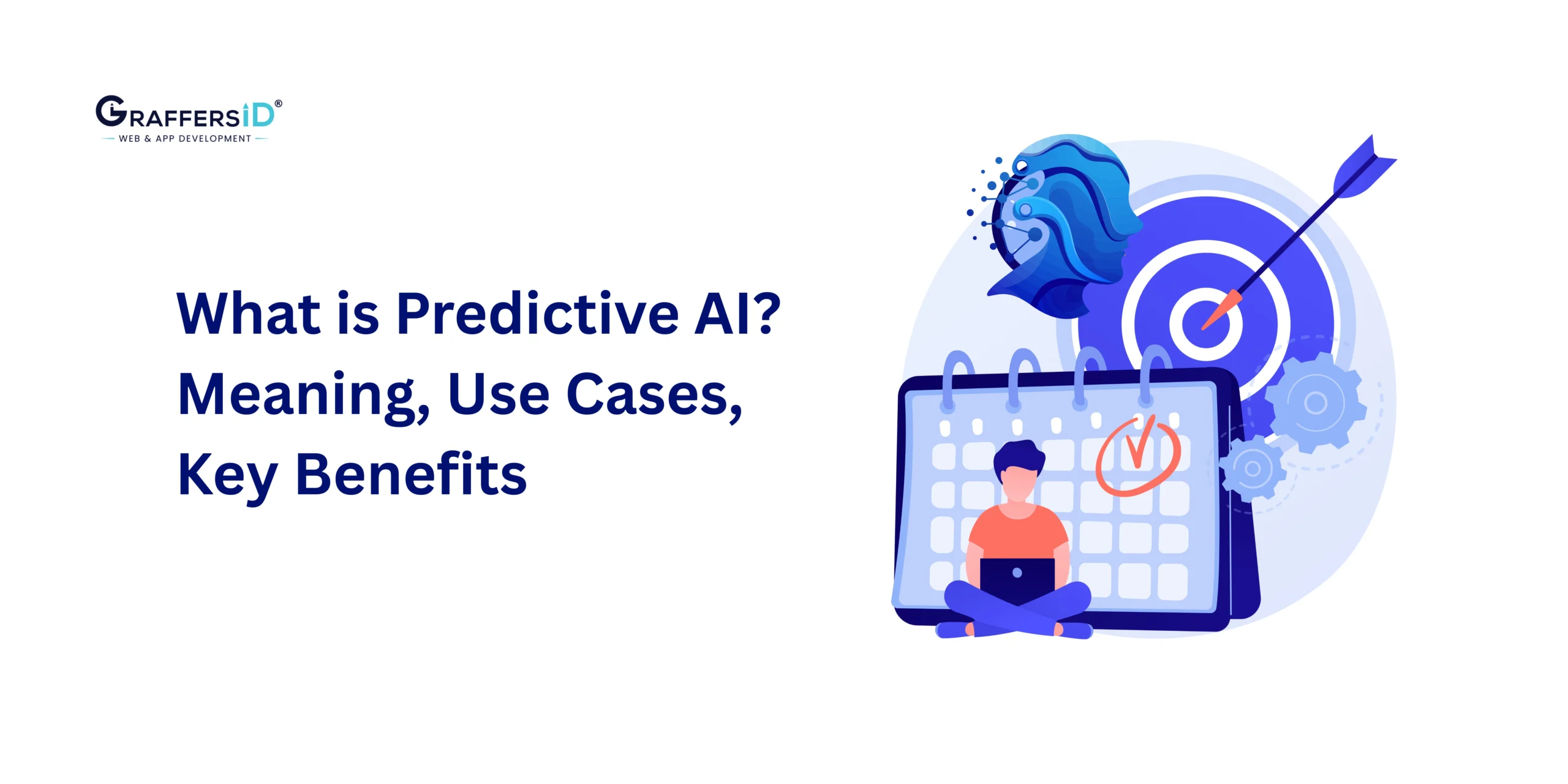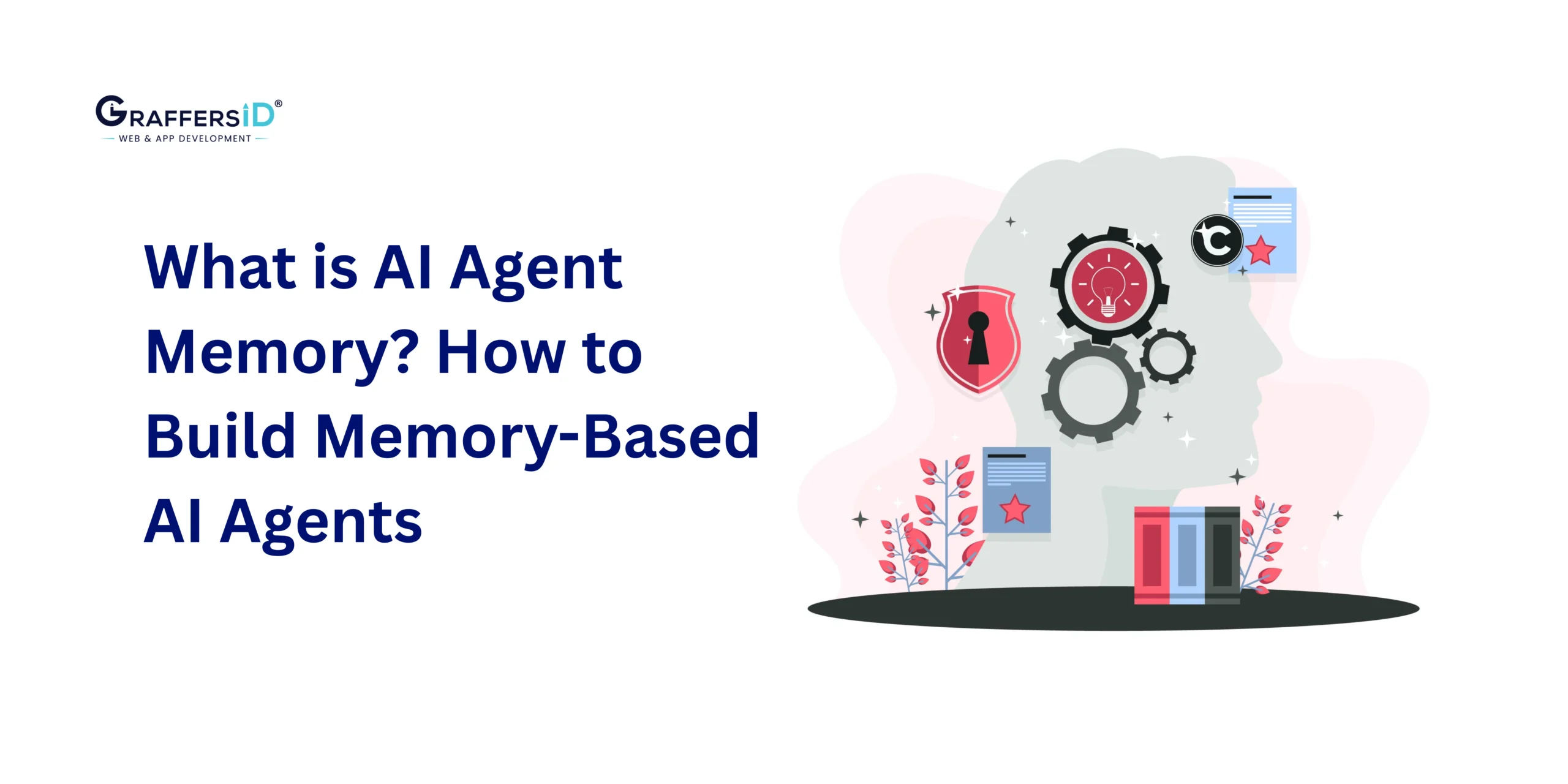In today’s digital world, it is very essential for a business to have its own website. While deciding on creating your website, the debate often boils down to whether you want a custom-built or WordPress website.
The decision eventually depends on the specific needs of the business, the budget that is available for building the website, and the level of technical expertise required.
This blog will help you distinguish between both options by listing the advantages, disadvantages, and purpose. Based on this information, you will easily be able to decide between the two.
What is a Custom-Built Website?
A custom-built website is entirely made from scratch according to the client’s needs. Such sites are created by using programming languages and frameworks such as HTML, CSS, Javascript, React, Angular, or Laravel.
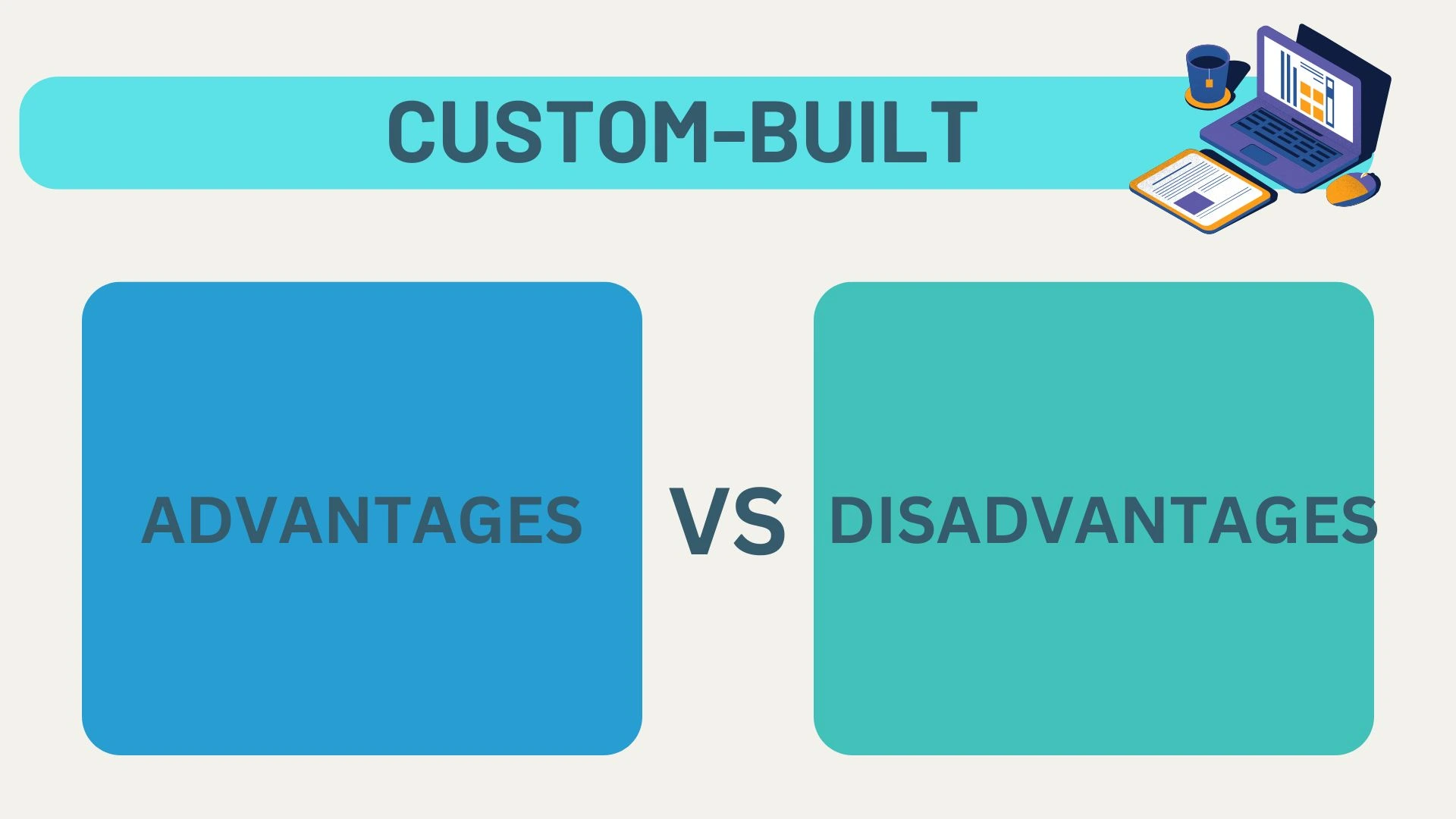
Advantages of Custom-Built Websites
Complete Flexibility and Personalization
Every aspect of the website- from layout to functionality- is designed to meet your unique needs. You can easily incorporate bespoke features that are hard to achieve with pre-built templates.
Scalability
A custom-built website can grow with your business, allowing for integration of complex functionalities and integrations as required. It’s easier to optimize for future needs without constraints imposed by a Content Management Platform.
Performance Optimization
Since the codebase is tailored to your requirements, the site can be optimized for faster load times and better performance. This leads to better performance and enhanced user experience.
Enhanced Security
Custom websites are less prone to cyber threats since they don’t rely on widely used CMS platforms, which can be targeted by hackers. This is a big factor that needs to be kept in mind while choosing the kind of website you want.
Disadvantages of Custom-Built Websites
Costlier
Custom developments require a lot of time and skills which eventually makes it a costly option.
Longer Development Time
If a client is looking to build a website from scratch, it may take long depending on the complexity of the website. Either ways, it takes time to develop a custom website as every feature has to be discussed and planned in detail.
Dependent on Developers
The dependency on developers is high. This is because aspects like maintenance, updates and website changes have to be discussed with them as the ultimate implementation lies in their hands.
What is WordPress?
WordPress is an open-source CMS that accounts for more than forty percent of the web. It is customizable and allows users to create websites through ready-made templates, plugins, and themes. One does not require advanced coding skills for building a fully operational website with WordPress.
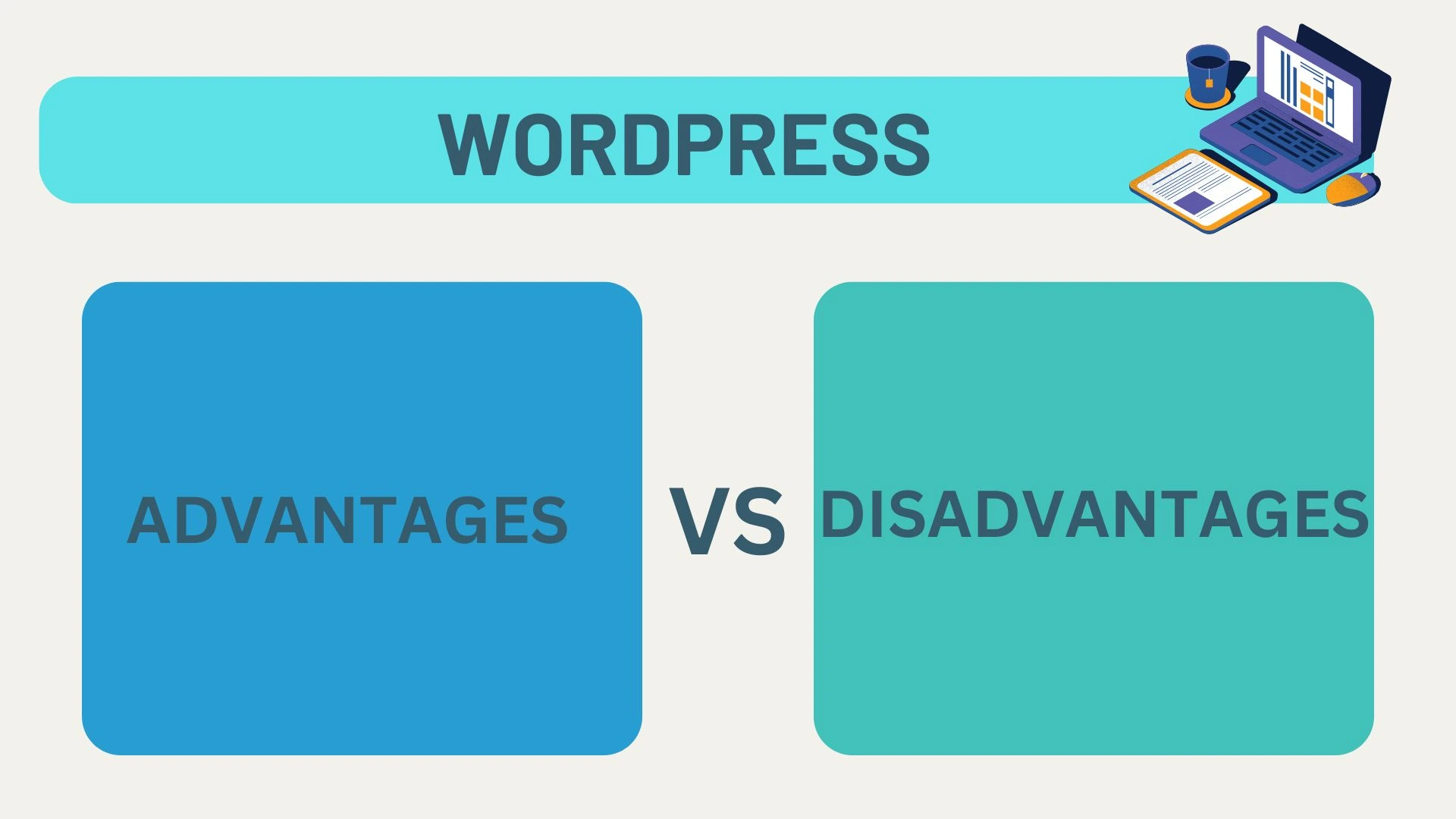
Advantages of WordPress
Cost-Effective
WordPress is completely free, and there are thousands of free and premium themes and plugins to customize your site affordably. If you want to build a simple website, you will easily find templates that meet your needs.
Quick Setup
WordPress sites can be set up in a matter of hours, especially if you’re using a ready-made theme. This saves a lot of time and effort, especially when you want to launch your website quickly.
Ease of Use
Its user-friendly dashboard makes content management simple, even for non-technical users. Features like drag-and-drop builders (e.g., Elementor, WPBakery) allow you to design pages easily.
Extensive Plugin Library
Plugins can add almost any functionality to your website, from SEO optimization to e-commerce capabilities. WordPress has a massive plugin library available.
Community Support
With a vast global community, finding tutorials, forums, and professional help is easy when you choose WordPress for website building.
Disadvantages of WordPress
Limited Customization
While themes and plugins offer flexibility, they may not provide the exact look or functionality you need. Customizing beyond the theme’s capabilities might require coding knowledge.
Performance Issues
Adding too many plugins or using poorly optimized themes can slow down your site.
Security Risks
The popularity of WordPress makes it a very common target for hackers. Regular updates and security plugins are necessary to protect your site.
Scalability Constraints
As your site grows in complexity and traffic, WordPress may require additional optimization or even migration to a custom-built solution.
Primary Considerations
1. The Purpose of the Website
WordPress is generally adequate if it is a portfolio or blog site or a small business site with fairly standard functionality. Customized websites are more suitable for large enterprises that require unique features, have complex integrations, or wish to convey a distinct brand identity.
2. Budget
WordPress is definitely the cheaper option, and is the ultimate choice when you have a low budget. It involves hosting, themes, or optional premium plugins. Custom-built websites will definitely require more upfront cost, but are worth the investment in the long run once you need more advanced features.
3. Time
A website can be created pretty quickly via WordPress. With respect to custom websites, it would take a longer duration because of the design and development process.
4. Technical Know-How
WordPress is designed so that even those who lack a technical background will be able to manage content and perform basic updates. Custom-built sites generally require the use of a professional developer for updates and maintenance.
5. Future Aspirations
WordPress may satisfy modest growth needs but can easily become restricting for very special projects or large-scale endeavors. Custom-built websites are the best long-term investment towards scalability and future adaptability.
When to Choose a Custom-Built Website
You Need Unique Functionality: If your website requires features not readily available in WordPress plugins or themes.
Brand-Specific Design: When creating a distinctive, one-of-a-kind design is a priority.
Large-Scale Operations: For e-commerce, SaaS platforms, or enterprise-level solutions with high traffic and advanced requirements.
Enhanced Security Needs: If your website handles sensitive data, a custom solution reduces vulnerabilities.
When to Choose WordPress
Budget Constraints: WordPress is affordable for startups and small businesses.
Quick Launch: If you need to go live quickly, WordPress offers a fast solution.
Content-Heavy Sites: Blogs, portfolios, and news sites thrive on WordPress’s intuitive content management.
Low Maintenance: Its vast community and plugin ecosystem simplify maintenance and updates.
Conclusion
The decision between a custom-built website and WordPress depends on your requirements, cost, and future needs. A WordPress-built site can be a worthwhile investment for small-and-medium-sized projects looking for cost-effectiveness, simplicity, and speedy delivery. It would be a custom-designed website for businesses needing special capability, robust scalability, and security factor.
Weigh the pros and cons on both sides of the balance. This will ensure that you fully understand your requirements and match them with the strengths of either solution, and make the optimal decision.
But if you still cannot decide how to move further with your web development process, do not hesitate to contact us! At GraffersID, we have a team of developers ready to assist you in all your projects.
